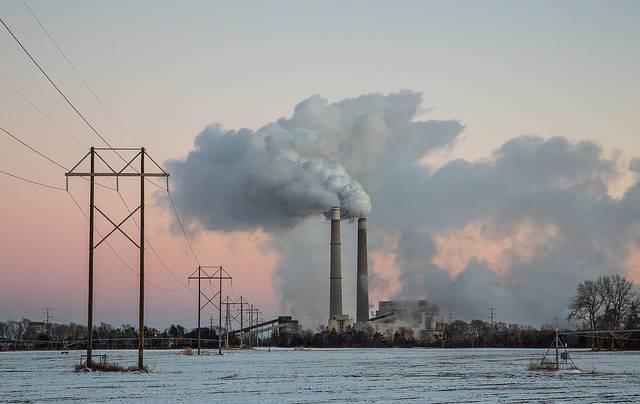
In a study that could give businesses more clarity on how quickly they should ramp up their climate action efforts, the World Resources Institute (WRI) has concluded more countries are on their way to start seeing their annual greenhouse gas emissions begin to decrease. The environmental NGO launched the survey as research covering when total emissions worldwide need to peak is well documented; however, such work gauging when individual countries will reach their peak emissions has been scant.
WRI found that 49 countries have already reached their peak, which represents just over one-third of the globe’s total emissions. By 2030, that number is targeted to increase to 57 countries. That may not seem much of a jump, but these nations are the heavy emitters including the U.S., China, Russia, Japan and Brazil. When included in WRI’s assessment, that total will represent 60 percent of the world’s emissions.
On one hand, the increasing number of countries that have experienced, or are approaching, peak emissions, is encouraging. The result is a “turning point,” as those countries’ emissions are either no longer peaking or will see their levels of emissions decrease in the coming years. The downside, however, is that WRI says that the number of countries that have reached that point is likely not large enough to enable the world’s total emissions to reach peak levels in the near term.
The vast majority of scientific literature indicates that global emissions need to peak by 2020 for the least-cost chance at meeting the 2015 Paris Agreement’s long-term climate change risk reduction goals. The more that these reductions are delayed, the greater the need for faster reductions in the following decades. That means a higher overall cost to these individual countries, not to mention the political fights that would ensue.
The WRI’s recommendations are very common-sense and general. Countries with more long-term peak emissions goals, such as those that expect to reach their highest amount of emissions by 2030, should consider plans that could allow them to reach that level more quickly. The NGO’s researchers also urge countries to be more transparent about their emissions reduction targets so that the scientific community can gauge how far the world is from that 1.5 to 2°C goal mandated by the Paris Accords. Finally, WRI insists that countries in which emissions have already peaked have a role in keeping that momentum going as it could make a difference in the world reaching its aggregate emissions roles.
Political infighting that has been the norm worldwide means much of this responsibility lies on the global business community. Recent trends, however, indicate that companies are up to the task. The recent commitments businesses made to follow science-based emission reduction targets is one hopeful sign; and despite the Trump White House’s decision to exit the global climate agreement, most of the U.S. business community says it is committed to becoming more energy efficient and investing in clean energy technologies. Nevertheless, if more companies accelerate their efforts, there could be less nail-biting as we know we’re close to that tipping point – we just do not know exactly when it will occur.
Image credit: Tony Webster/Flickr

Leon Kaye has written for 3p since 2010 and become executive editor in 2018. His previous work includes writing for the Guardian as well as other online and print publications. In addition, he's worked in sales executive roles within technology and financial research companies, as well as for a public relations firm, for which he consulted with one of the globe’s leading sustainability initiatives. Currently living in Central California, he’s traveled to 70-plus countries and has lived and worked in South Korea, the United Arab Emirates and Uruguay.
Leon’s an alum of Fresno State, the University of Maryland, Baltimore County and the University of Southern California's Marshall Business School. He enjoys traveling abroad as well as exploring California’s Central Coast and the Sierra Nevadas.














